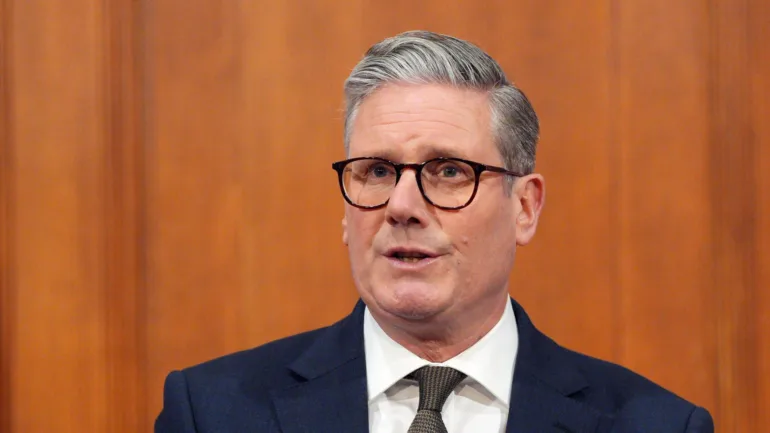The British government announced on Thursday its intention to lower the voting age to 16 for general elections, a landmark reform that would make the UK one of the few countries worldwide to enfranchise voters so young.
The move follows a campaign pledge by the ruling Labour Party and forms part of a broader effort to modernize Britain’s democratic system, which some experts warn is facing a crisis due to declining voter turnout and engagement.
“This is about fairness,” Prime Minister Keir Starmer said. “If you’re old enough to work and pay taxes, you should also have a say in how your money is spent and how the country is run.”
Starmer’s government will introduce legislation in Parliament to implement the change, which is expected to pass given Labour’s comfortable majority.
The proposal is likely to stir political debate. Critics, particularly from the opposition, have accused Labour of seeking political advantage, arguing that younger voters tend to favor the centre-left party.
Nonetheless, Labour ministers insist the change is about strengthening democratic participation and aligning voting rights across the UK. Scotland and Wales already allow 16- and 17-year-olds to vote in regional elections.
If passed, the UK would join a small group of countries—including Austria, Argentina, Brazil, Ecuador, and Cuba—that allow voting at 16 in national elections.
Austria was the first EU country to lower its voting age to 16, doing so in 2007.
Lowering the voting age is just one part of a sweeping set of reforms. The government also plans to introduce automatic voter registration, a system used in countries like Australia and Canada to simplify electoral participation.
Another proposed change would expand acceptable forms of voter identification to include UK-issued bank cards. This would counteract restrictions introduced under the previous Conservative government, which mandated photo ID and, according to the Electoral Commission, prevented an estimated 750,000 people from voting in last year’s general election.
“These are the most significant electoral reforms since 1969,” said Harry Quilter-Pinner, executive director of the Institute for Public Policy Research (IPPR), referencing the last time the voting age was lowered — from 21 to 18.
He noted that the combined effect of the proposed changes could add as many as 9.5 million new names to the electoral register.
“Our democracy is in crisis,” Quilter-Pinner warned. “We risk reaching a tipping point where politics loses its legitimacy. These reforms are a vital step toward restoring public trust and participation.”
The timeline for the legislation has not yet been announced, but the government has indicated it aims to implement the changes well before the next general election.


